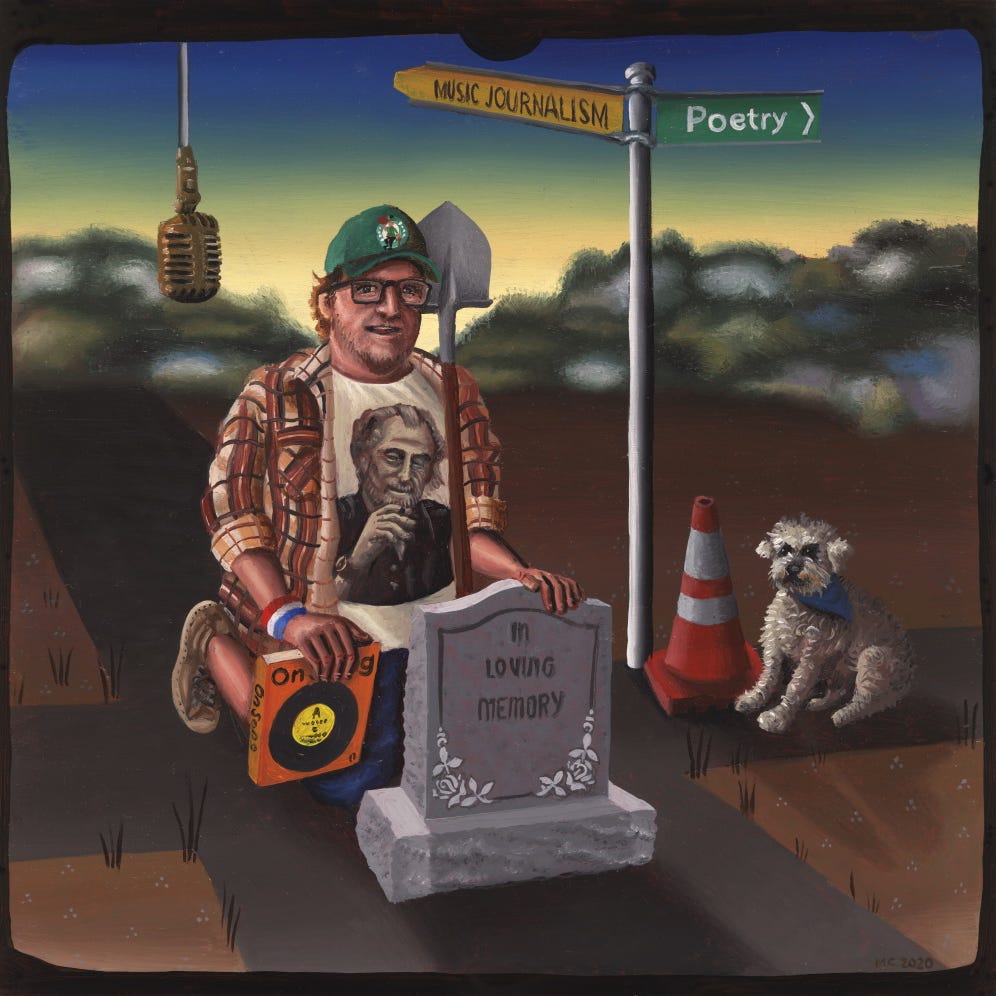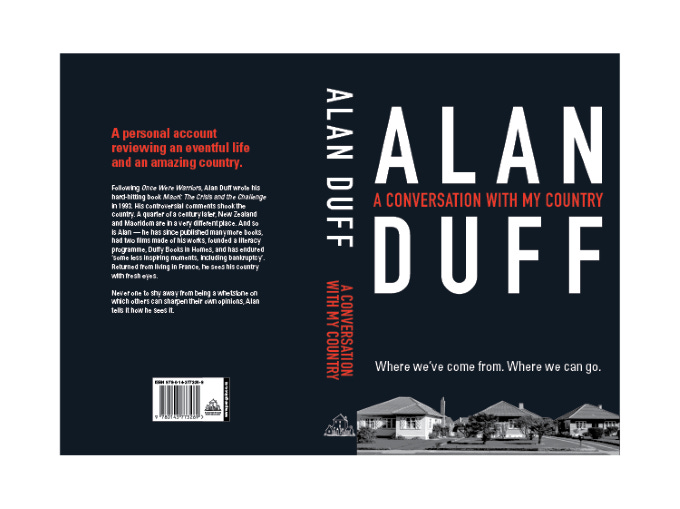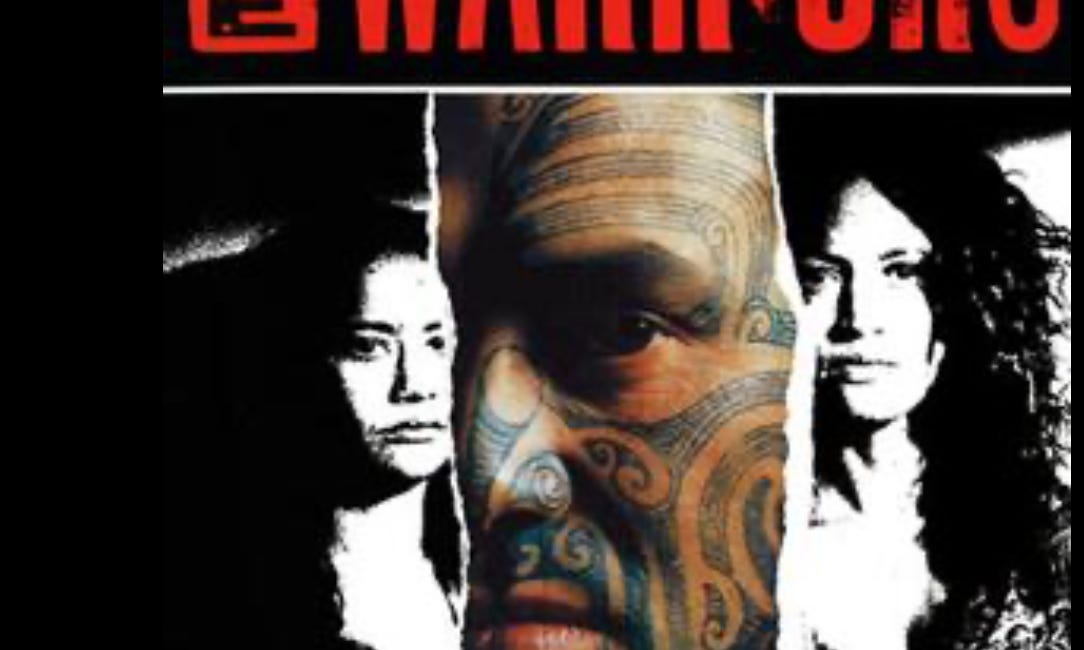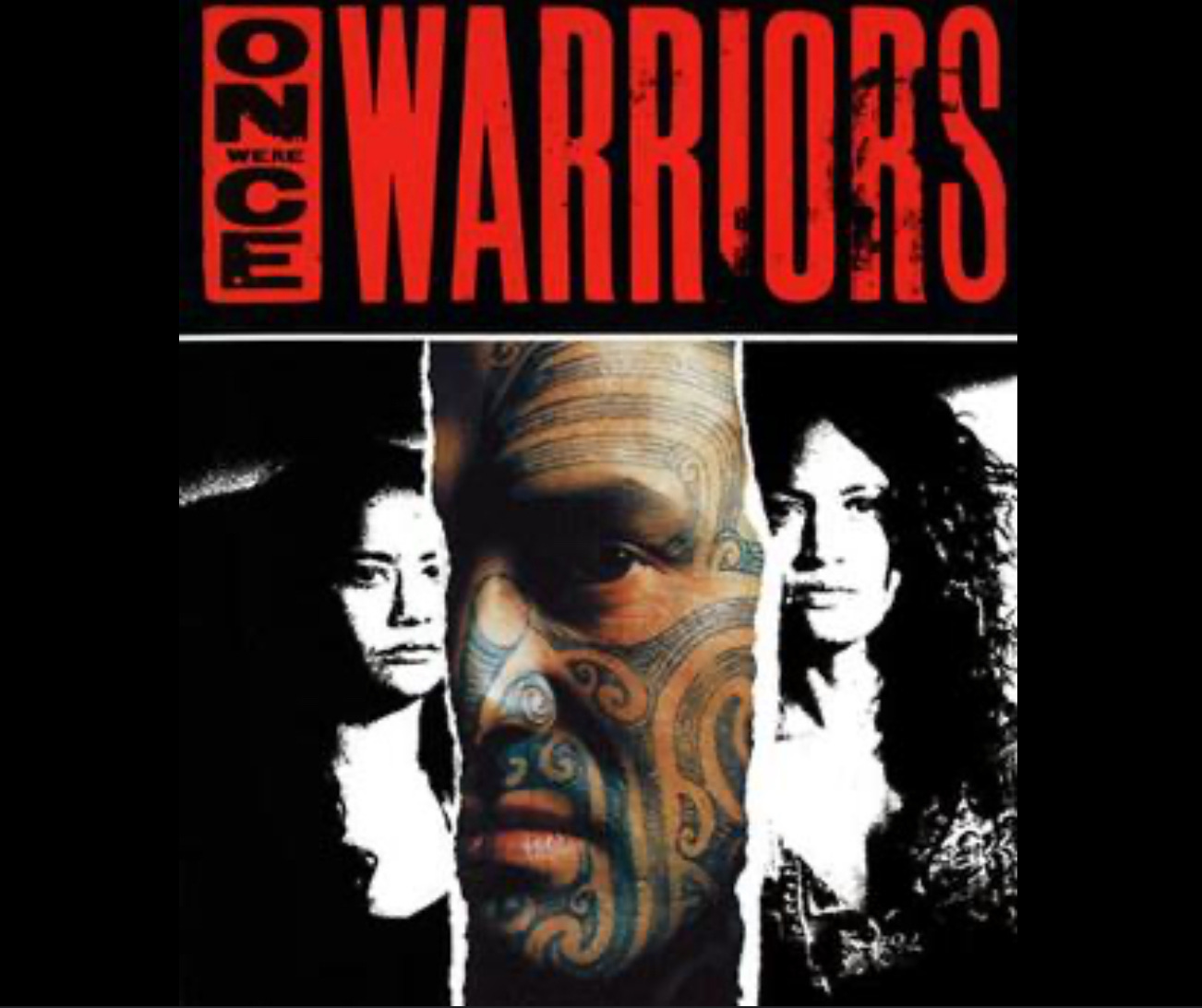The Lasting Impact of Once Were Warriors
Wednesday is about books. And writing. And reading. Today, I think about Alan Duff’s debut novel, and how the lasting impact of it might be in the film version — as legacy.
I don’t think Alan Duff meant to write Once Were Warriors. Not as such. I think he was writing to write himself out of a hole, to save his own life. His book lifted him up and out of that hole and made him our new bestselling author. It made him a big deal — he was awarded a syndicated column in several national and regional newspapers (these were a thing in the 90s. Oh, I meant syndicated columns. But so too were newspapers…)
Duff went to the well more than once too often, his follow-up novel, One Night Out Stealing mined similar themes albeit not as memorably, it might actually have been better written though. And then we got the Warriors sequels. First What Becomes Of The Broken Hearted? - which, from memory, was quite good. Then Jake’s Long Shadow. The character of Jake Heke and the remaining family members cast a long shadow over Duff’s life and writing career. He had put out a novella which I enjoyed at the time (State Ward) and a book or two of non-fiction (based around his columns) and, by far my favourite Duff book, 1999’s memoir, Out of the Mist and Steam.
Over the last 20 years or so, since the long shadow of Jake and indeed Jake’s Long Shadow (published 2002), Alan Duff has tried his hand at internationally-set fiction, historical, and many miles — literally — from the Kiwi stories that started his career.
He was living overseas, and returning now and then. About five years ago he returned to non-fiction, but I really wish he had not:
A Conversation With My Country is almost a meta-prank, apart from the fact that Duff alleged to have very much meant every word. He appears on these pages as an out of touch, out of date, old man. His thinking so far beyond right wing, which is fine, that’s his position — but his authority completely undermined as he comes in from his hiding place on the other side of the world, and tells us all what is wrong and how to fix it (without really telling us how to fix it). He was throwing stones at the glasshouse, and that can sometimes be a writer’s job. But he had borrowed the stones and was lobbing them on behalf. It felt phoned in, when it didn’t feel completely stupid. It felt like Winston Peters, Author. Basically.
Anyway, that’s Duff’s bibliography in a tiny wee nutshell, and if I’m being reductive that’s for time and space, it’s not to say that there aren’t some other books he’s written that are worth your reading time and spending money — I have not read them all, so cannot comment on the ones I chose to skip.
But I was thinking about Once Were Warriors recently, because I rewatched the film for the first time in something like a quarter century.
I have always thought the movie was — in this instance — better than the book. This barely ever happens. But to me this felt completely, profoundly obvious. The tension there of course is that the movie couldn’t exist without the book, and though it feels like faint praise, or some such, Duff’s unique talent with Once Were Warriors was his timing. His book arrived at the right time. It started many conversations. And the film picked up on that, and put it in front of even more eyeballs; the film is confronting but ultimately tells a story of real power. A journey. I feel it does a better job of putting this all out and across than the book.
That’s really all I wanted to say. Just a reflection on the power of this film — see the link above for more on that — and the fact that such films will always still need the books as the source. This is not me saying Alan Duff was ever either a bad or good writer. But he was the right writer for the right time. And maybe he only really ever had one trick. At least someone helped to turn that trick into something bigger. Something lasting. That still speaks to the success of the book; its adaptability.
Postscript:
It was impossible to not run into Alan Duff in Havelock North in the 90s. He was one of our celebrities. There weren’t many then. It was him and Paul Holmes. And you had a much better chance of seeing Duff in the wild. He even came to see my band play one time. Well, he was in the same bar where we happened to be having our very first gig. We were a nervous trio. And when we saw him, I joked during one of our breaks that we might end up in his column the following week. Well, fuck me, but we did. The following week, in the Saturday paper, we got what we called our first (and later only) review. Alan Duff might have said something about “gentle melodies”. Alan Duff definitely said something about “deeper meaning lyrics”. We wore that like a badge. A strange thing to do really, since we were a covers band, and the entire set was comprised of songs we did not write.








